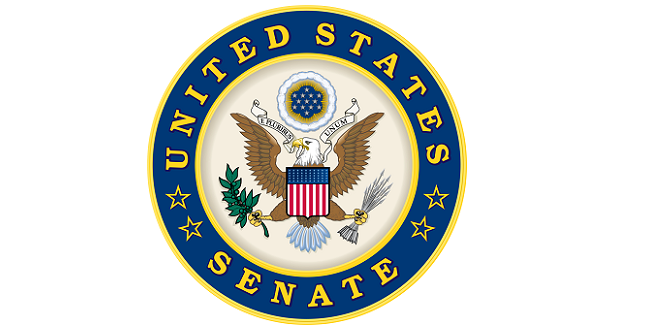In the aftermath of the Paris attacks, members of US law enforcement agencies as well as other government officials were quick to push the notion that more surveillance is needed to combat terrorism. Some of the suggestions for combating terrorism including extending the NSA bulk collection of phone records and to mandate backdoor in encryption. Now the legislative branch is snapping into action to address these concerns, with at least two legislative proposal working their way through the senate concerning these matters.
The first proposal is a bill introduced by Republican senator Tom Cotton. The Liberty Through Strength Act, which has a typically Orwellian name, would extend the bulk collection of phone records by the NSA until January 31, 2017. The bulk collection of phone records by the NSA is scheduled to end at the end of the month, and even its final days, legal challenges against the program were working their way through the court system. It seemed pointless to some to continue to challenge the program when it was expected to end in just a few weeks, but this bill shows you can never count on Congress to let a surveillance program expire. If the Liberty Through Strength Act is passed, the legal challenges to the program will once again be of importance.
Besides extending the bulk collection of phone records to 2017, the bill would also make permanent two provisions of the Patriot Act. The first is the roving wiretap provision, which allows the NSA to get a warrant from the secret Foreign Intelligence Surveillance Court without being tied to a specific device or mode of communications or naming the person tracked. The second is the lone wolf provision, which allows the agency to monitor a non-US person without proving they are part of a terrorist organization.
In a statement on the USA Freedom Act when arguing for the Liberty Through Strength Act, Cotton said the following: "This legislation, along with President Obama’s unilateral actions to restrict the Intelligence Community’s ability to track terrorist communications, takes us from a constitutional, legal, and proven NSA collection architecture to an untested, hypothetical one that will be less effective. And this transition will occur less than two weeks from today, at a time when our threat level is incredibly high."
Meanwhile, other senators have latched onto the story that encryption is to blame for Paris attacks, and that legislation is needed to deal with it. Republican Intelligence Committee Chairman Richard Burr stated that, "We need to begin the debate on what we do on encrypted networks because it makes us blind to the communications and to the actions of potential adversaries." Burr and Democratic senator Dianne Feinstein have told reporters they are launching an investigation into the matter.
While some senators haven't made any strong commitment to a specific legislative proposal, and claim to still be investigating the issue, Republican Senator John McCain was much more blunt and told reporters that he would support a law that would require tech companies to put backdoors in their encryption. McCain also stated, "In the Senate Armed Services we're going to have hearings on it and we're going to have legislation." Even though a bill hasn't yet been introduced on this matter, we can probably expect one soon.
Will the Senate push through backdoors in encryption, or will public backlash convince them to abandon the idea? Leave your comments below.







